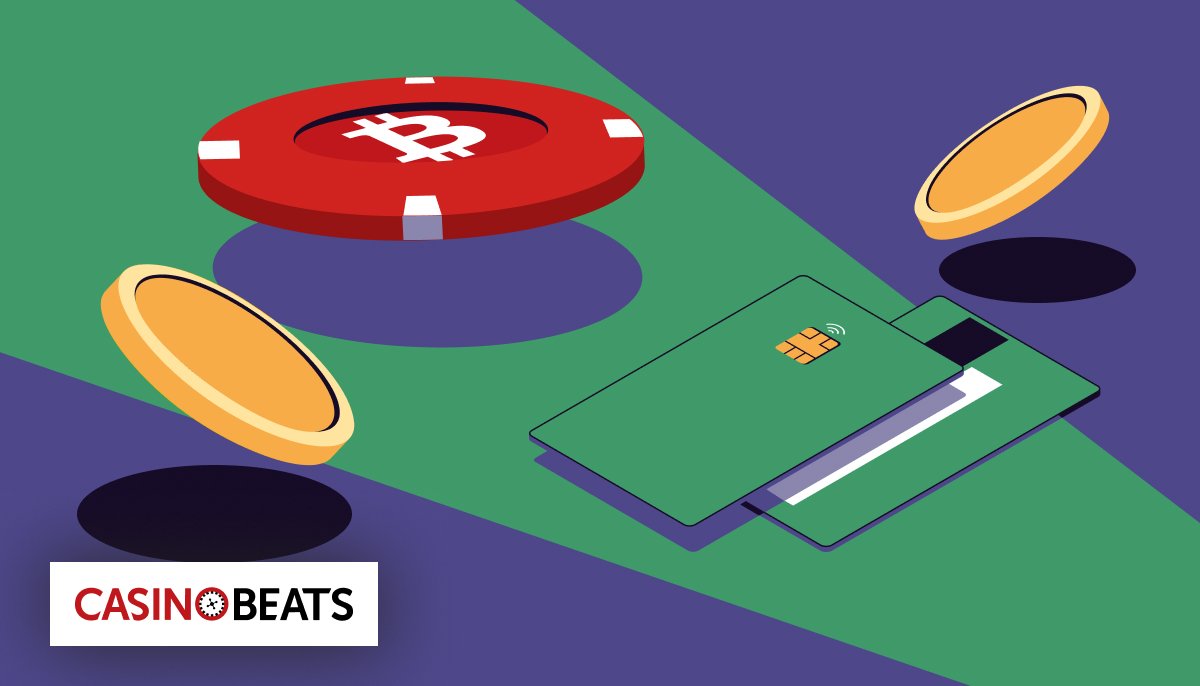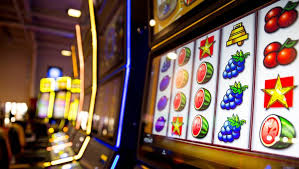
The Intersection of Blockchain Technology and Slot Machine Fairness
For decades, the inner workings of a slot machine have been, well, a bit of a black box. You pull the lever or press the button, the reels spin, and you hope for the best. Sure, regulators test them. Casinos swear by their integrity. But as a player, you just have to trust the system. There’s no way for you to independently verify that the game is playing fairly.
That fundamental relationship—one based purely on trust—is being challenged. And the challenger is blockchain technology. This isn’t just a tech buzzword getting thrown into the casino; it’s a potential revolution in how we understand and verify fairness in games of chance. Let’s dive into how a decentralized digital ledger is shaking up the very concept of the slot machine.
From Black Box to Glass Box: How Blockchain Creates Transparency
Think of a traditional online slot. Its outcome is determined by a Random Number Generator (RNG) housed on the game provider’s server. It’s like a magician’s hat—you see the rabbit come out, but you have no idea how it got in there. You’re trusting the magician.
Blockchain flips this model. Instead of a single, centralized magician, imagine a thousand witnesses watching every single move. Here’s the deal:
- Provably Fair Algorithms: Before you even spin, the game generates a cryptographic seed—a kind of digital fingerprint for that specific round. This seed, combined with a seed from you (the player), determines the outcome. All of this data is recorded on the blockchain.
- Immutable Public Record: Once that spin’s data is on the chain, it’s there forever. It cannot be altered, tampered with, or deleted by the casino, the game developer, or anyone else. It’s a permanent, public receipt for your game.
- Anyone Can Audit: This is the real kicker. Because the data is public and the algorithms are transparent, anyone with the technical know-how can go back and verify that the game played exactly as advertised. The black box becomes a glass box.
The Tangible Benefits: Why This Actually Matters
Okay, so it’s transparent. But what does that really do for you, sitting at home spinning the reels? Honestly, it changes everything.
Eradicating Doubt and Building Trust
Have you ever been on a long losing streak and that little voice in your head whispers, “Is this game rigged?” It’s a natural thought. Blockchain silences that voice. The ability to verify fairness—or better yet, to know that third-party auditors are constantly doing so—builds a level of trust that traditional online casinos struggle to achieve. It transforms the player-casino relationship from adversarial to collaborative.
Instant and Transparent Payouts
Blockchain isn’t just for game logic; it’s also for money. Cryptocurrency payments on blockchain-based platforms are typically near-instant. No more waiting three to five business days for a bank transfer. The transaction is recorded on the public ledger, so you have a verifiable, instant record of your deposit and your winnings. It cuts out the middleman entirely.
True Ownership of In-Game Assets
This is a newer, fascinating development. Some blockchain slots are incorporating NFTs (Non-Fungible Tokens). Imagine winning a unique, rare character or a special power-up that is truly yours—provably owned by your digital wallet. You could even trade or sell it on an open marketplace. This adds a whole new layer of value and engagement to the slot experience.
The Current Landscape: Where Are We Now?
Let’s be real, blockchain slots are still in their early adopter phase. They’re not yet the norm. You’ll find them primarily on crypto-focused gambling platforms. The user experience can sometimes feel a bit clunky if you’re not familiar with digital wallets and crypto transactions.
But the trend is undeniable. Major gaming providers are dipping their toes in, and new, nimble studios are building their entire business models around provably fair blockchain slots. The table below breaks down the key differences.
| Feature | Traditional Online Slots | Blockchain-Powered Slots |
| Fairness Verification | Trust in 3rd-party audits & licensing | Mathematically provable, open for anyone to check |
| Transaction Speed | Can take days for withdrawals | Near-instant with cryptocurrency |
| Data Transparency | Outcomes are private, held by the casino | Every spin is recorded on a public, immutable ledger |
| Player Anonymity | Requires personal & financial details | Possible with crypto wallets (pseudonymous) |
| Asset Ownership | In-game items are owned by the platform | True player ownership via NFTs is possible |
Not a Magic Bullet: The Challenges That Remain
It’s not all sunshine and decentralized rainbows, of course. For this technology to go mainstream, it has to overcome some significant hurdles.
First, there’s the complexity. Explaining cryptographic seeds and hash functions to the average player is… a tall order. The industry needs to find a way to make this transparency user-friendly and easily understandable, not just a feature for tech geeks.
Then there’s regulation. The gambling world is a tangled web of jurisdictional laws. How do regulators, used to testing RNGs in a lab, adapt to a system that is constantly being verified by the public? It’s a slow process, and widespread legal adoption is key for trust on a massive scale.
And finally, the human element. A transparently fair game doesn’t change the underlying odds. The house still has an edge. Blockchain proves the game isn’t cheating you; it doesn’t make you more likely to win. That’s a crucial distinction that sometimes gets lost in the hype.
A New Deal for Players
So, where does this leave us? The intersection of blockchain and slot machines is more than a tech experiment. It’s a philosophical shift. It moves the industry from “just trust us” to “here’s the proof.”
It promises a future where you can walk into a virtual casino—or maybe even a physical one—and know, with mathematical certainty, that the game is fair. Not because a sticker on the machine says so, but because you, or someone you trust, can verify it. The magic trick is explained, and the fun of the game remains. And that, in the end, might be the biggest jackpot of all.





